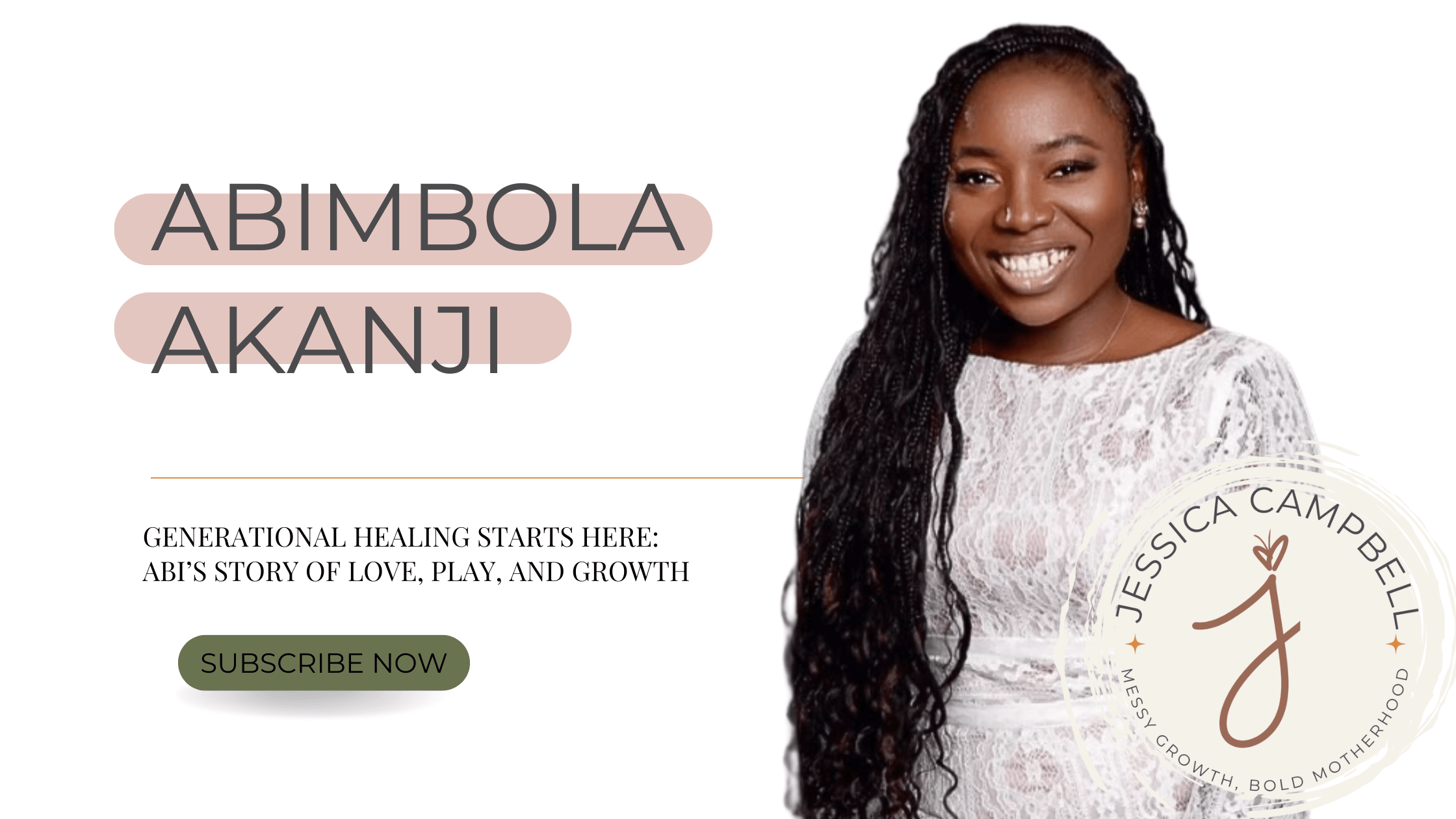
Motherhood. It’s one of those things you think you’re prepared for—until you’re not. You read the books, you watch the videos, you might even sign up for a parenting class or two. But then you’re faced with the real, raw moments: a screaming toddler at 2 a.m., the guilt after you’ve raised your voice, the realization that you’re repeating patterns you swore you’d break.
That’s where Abi’s story comes in. I had the privilege of sitting down with her recently, and let me tell you—it was one of those conversations that sticks with you. Abi is a mom of two adorable girls, a government worker serving Canadian citizens, and a parent coach on the side. But beyond the impressive resume, what struck me most was her honesty about the hard stuff—the generational cycles, the emotional disconnect, and the conscious work she’s doing to heal herself so she can parent differently.
And that’s exactly what this post is about: breaking those patterns, building connection, and giving yourself grace through the messy process of parenting.
The Weight of Generational Patterns
Abi’s story starts with her mother. Actually, it goes even further back—to her grandmother, who was determined to give her daughter a better life than she had. For Abi’s grandmother, that meant education. So, at just four years old, Abi’s mom was sent away to live with an aunt who promised her schooling and a better future.
But instead of finding love and stability, Abi’s mom found herself working as a caretaker for her aunt’s children. She was hawking eggs at a bus station at 4 a.m., enduring verbal abuse, and surviving on the bare minimum. The emotional warmth and connection we all crave as kids? It wasn’t there.
And yet, Abi’s grandmother thought she was doing the right thing—because survival and education were the priority. Emotional connection wasn’t even part of the conversation.
Fast forward to Abi’s mom. Determined to give her own children a better life, she focused on higher education. Abi and her siblings were provided for—they had the stability her mom never did. But that emotional closeness? Still missing.
Abi could feel the intention behind her mom’s actions—the love was there, but the connection wasn’t. And that’s where the cycle kept repeating.
Making the Promise to Do It Differently
Abi realized early on that she was carrying this emotional disconnect into her own parenting. “I promised myself I wouldn’t spank my kids or use punishment to discipline them,” she shared.
But even with that promise, the irritability would creep in. The smallest things would set her off—a tantrum over the wrong color cup or a fight between siblings—and suddenly she was raising her voice. And the guilt that followed? That was the worst part.
It wasn’t until Abi started doing the work—really digging into the root causes of those triggers—that things started to shift. She realized that her reactions weren’t about her kids’ behavior. They were about her own unresolved patterns and emotional wounds.
“I was living my parents’ trauma,” she said. “And if I didn’t change it, I was going to project it onto my kids.”
Finding Connection Through Play
One of Abi’s biggest breakthroughs came when she discovered the power of play.
It sounds simple, right? Just play with your kids. But for Abi, this didn’t come naturally. Play felt foreign, even uncomfortable at first. But she committed to trying.
She started small—just five minutes before or after bedtime reading. And what she discovered was that play wasn’t just about fun—it was about connection.
“When I play with them, that’s when I can really talk to them,” Abi said. “That’s when I can say, ‘Hey, I noticed you got upset yesterday. What happened there?’”
Play became a bridge. It created emotional safety and opened the door for deeper conversations. And the laughter? That was healing for Abi as much as it was for her kids.
“I started looking forward to it,” she said. “It was therapeutic for me. I realized that even when I was stressed, playing with them made me feel better.”
Abi even did a 28-day play challenge—intentionally setting aside time each day to play. And the results were immediate. Her kids started opening up more. The behavioral challenges lessened. The yelling decreased. And most importantly, the connection deepened.
Pausing and Breathing: The Small Hack That Changed Everything
Abi also shared one of the most powerful (and surprisingly simple) tools she learned in her parent coaching journey: pausing and breathing.
“When my kids would do something that triggered me, I’d literally just stop and take a breath,” Abi said. “My daughter could see me doing it. She’d see me pause and breathe, and that alone changed the dynamic.”
Instead of snapping or yelling, Abi started responding calmly and with intention. She got down on their level, softened her tone, and addressed the situation from a place of connection rather than control.
The change didn’t happen overnight. Sometimes it took hours for her to reflect and realize how she could’ve handled a situation differently. But over time, the reflection period got shorter. Now, she often catches herself mid-reaction.
“Three hours turned into 30 minutes, which turned into five minutes,” Abi said. “That’s growth.”
Breaking Cycles Is Hard—but Worth It
Here’s the thing: breaking generational cycles isn’t easy. It’s not as simple as deciding one day to “parent differently.” It requires awareness, patience, and a willingness to sit with the discomfort of your own childhood wounds.
Abi admitted that it wasn’t just her kids who benefited from the work—it changed her marriage, too. The triggers and emotional patterns that showed up in parenting were also showing up with her husband. The more she worked on herself, the more her relationship with him improved.
“It’s not just about parenting,” Abi said. “It’s about healing yourself.”
Parenting Isn’t a Destination—It’s a Process
One of the most powerful things Abi shared was the realization that parenting isn’t about perfection. It’s not a straight line to some magical end point where you’ve got it all figured out. It’s a process—a messy, beautiful, ongoing process.
And when you focus on connection over perfection, everything changes.
Abi’s story reminds us that you don’t have to repeat the patterns you grew up with. You get to decide what kind of parent you want to be. You get to build a new foundation. You get to create a home where your kids feel emotionally safe and deeply connected.
And it starts with awareness.
Final Thought: The Small Wins Matter
Abi left us with this piece of advice:
“The answer to your parenting struggles could be in your generational patterns. Look inward. Understand what you’re carrying, and don’t be afraid to break it apart.”
Small wins matter. Not yelling when you normally would. Sitting down for five minutes of play. Taking a deep breath before reacting. These tiny shifts are how generational cycles get broken.
Parenting is hard—but healing through it? That’s the real work. And Abi is proof that it’s possible.

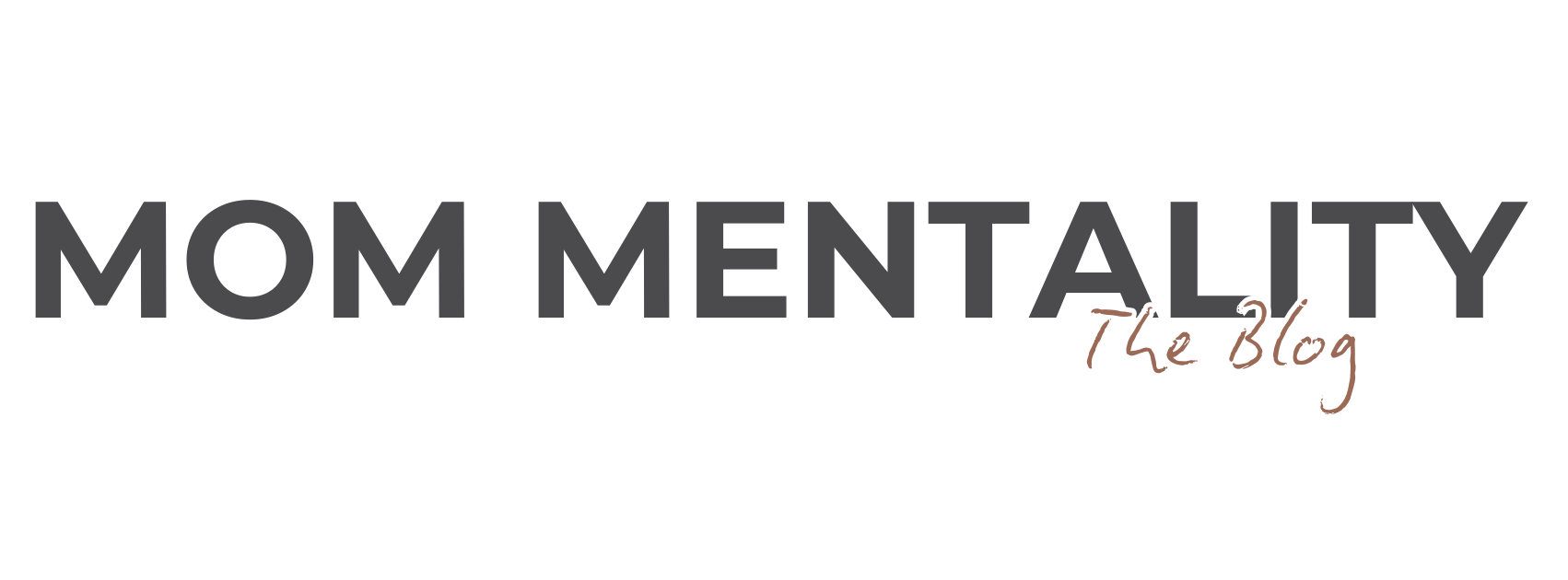
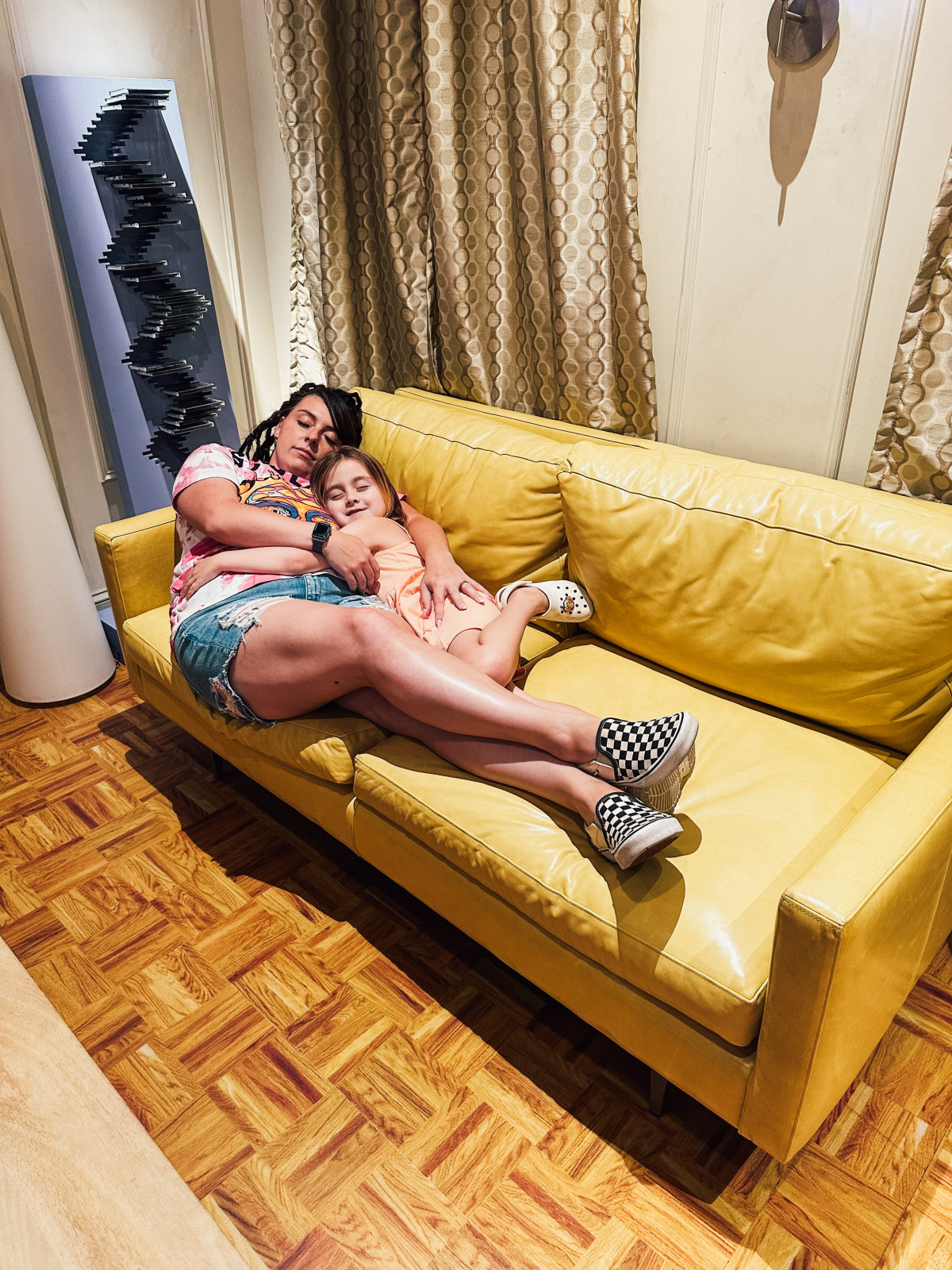
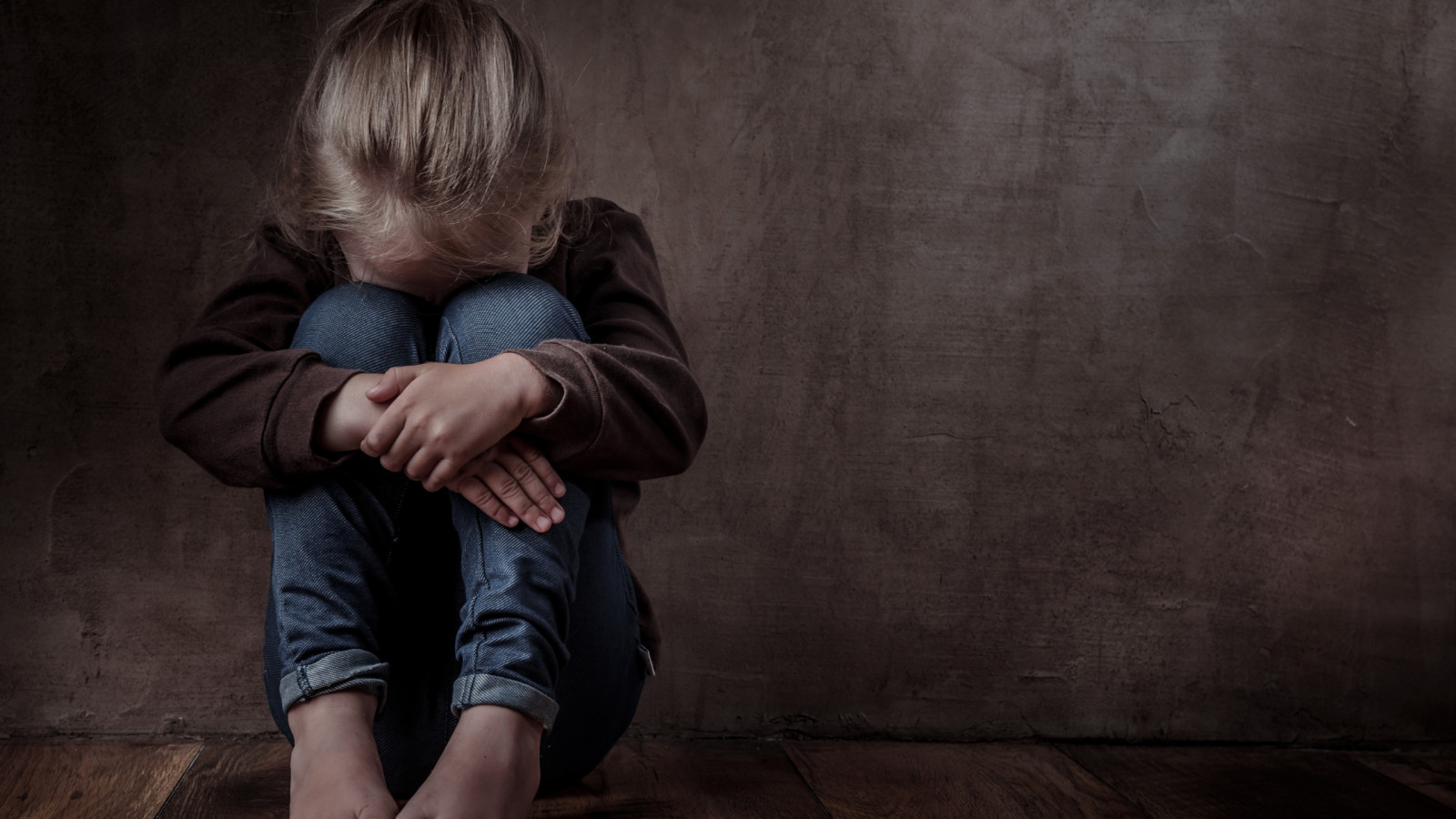
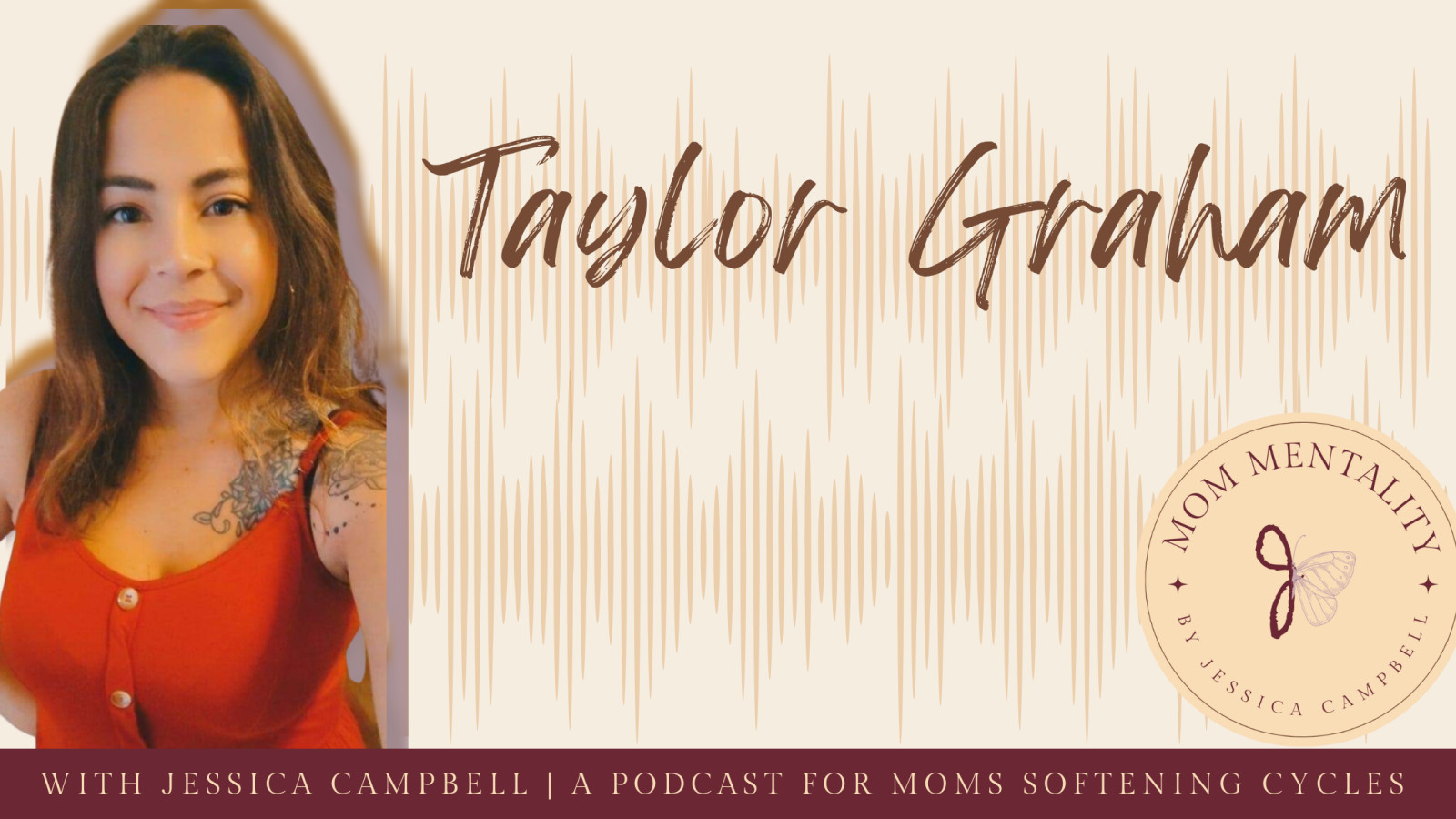





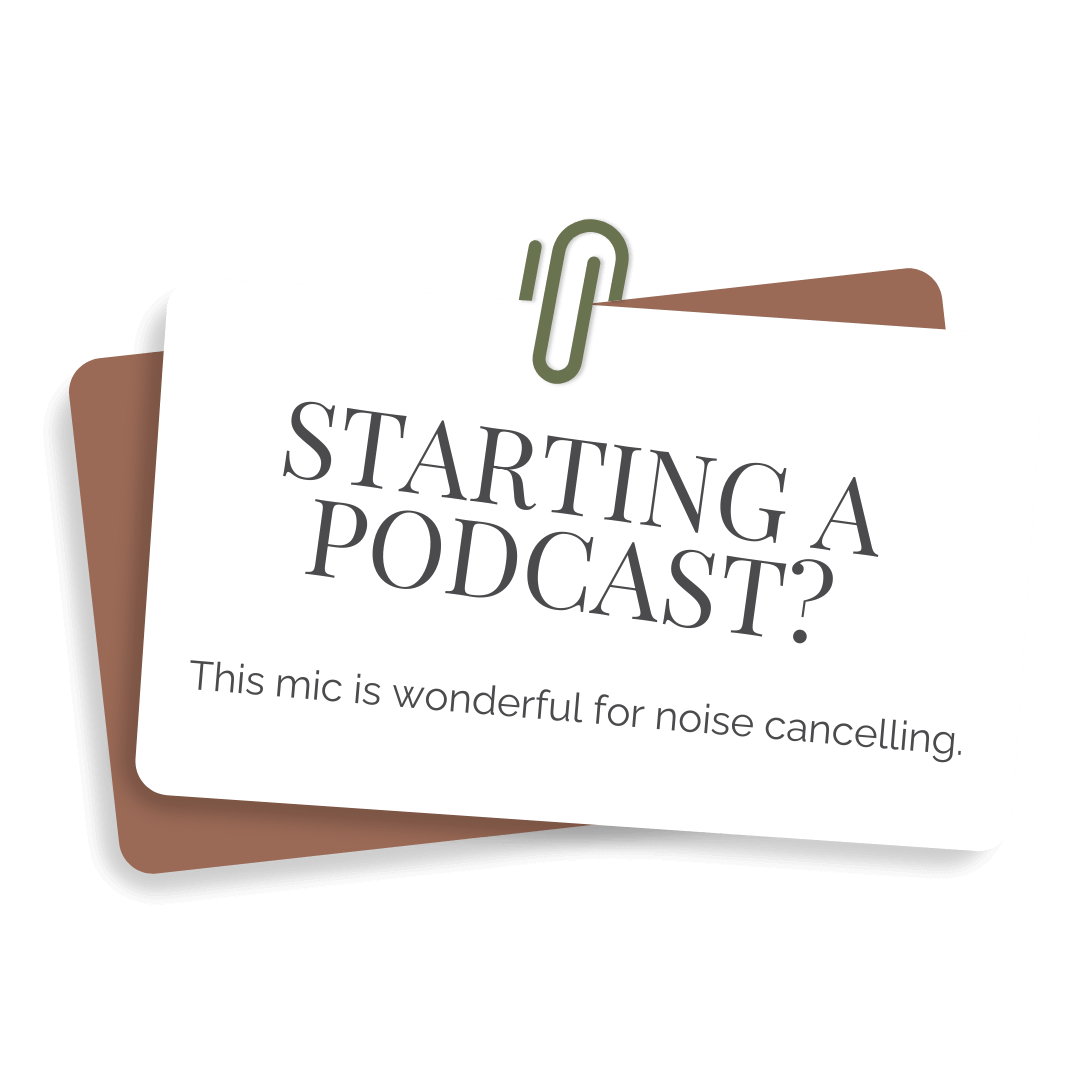
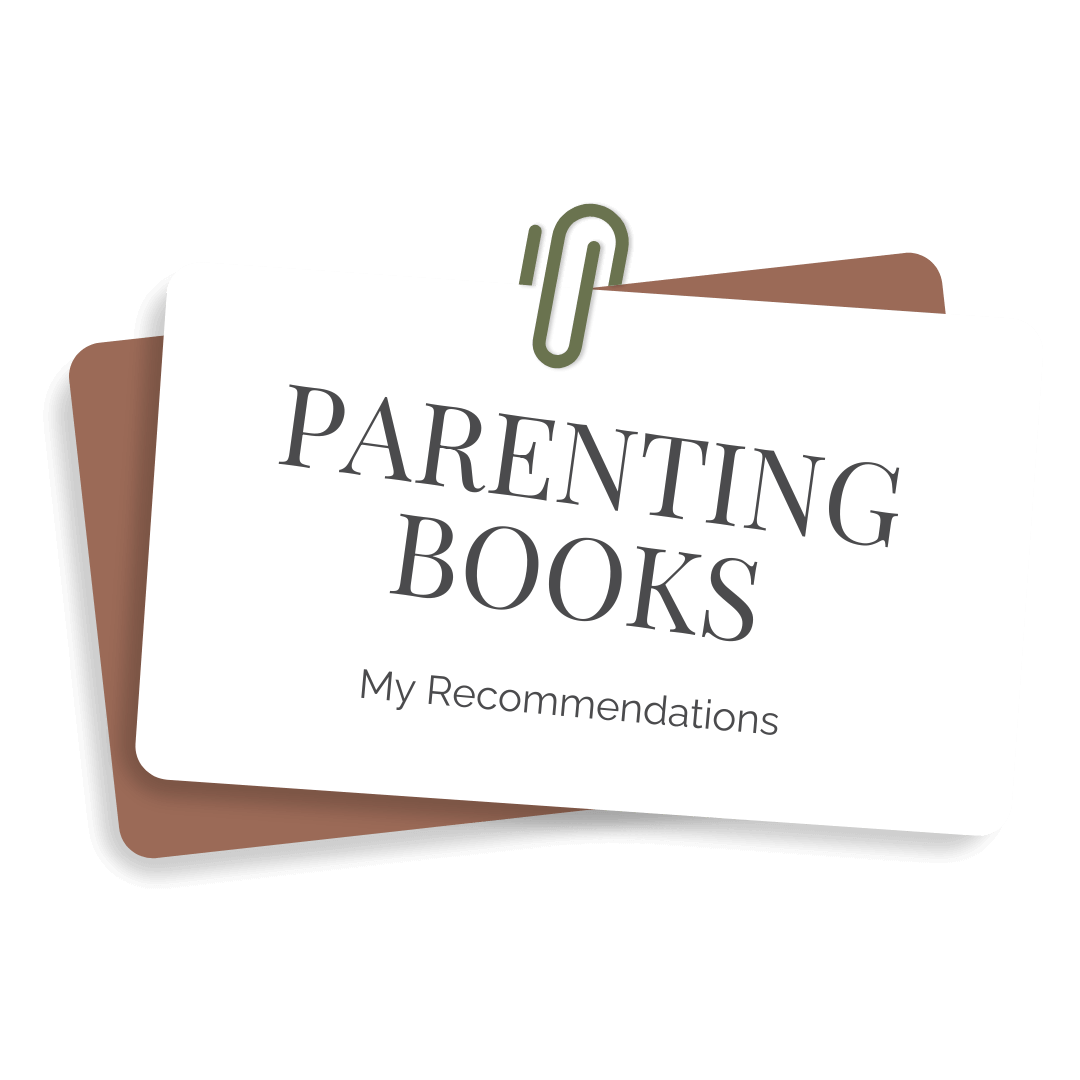

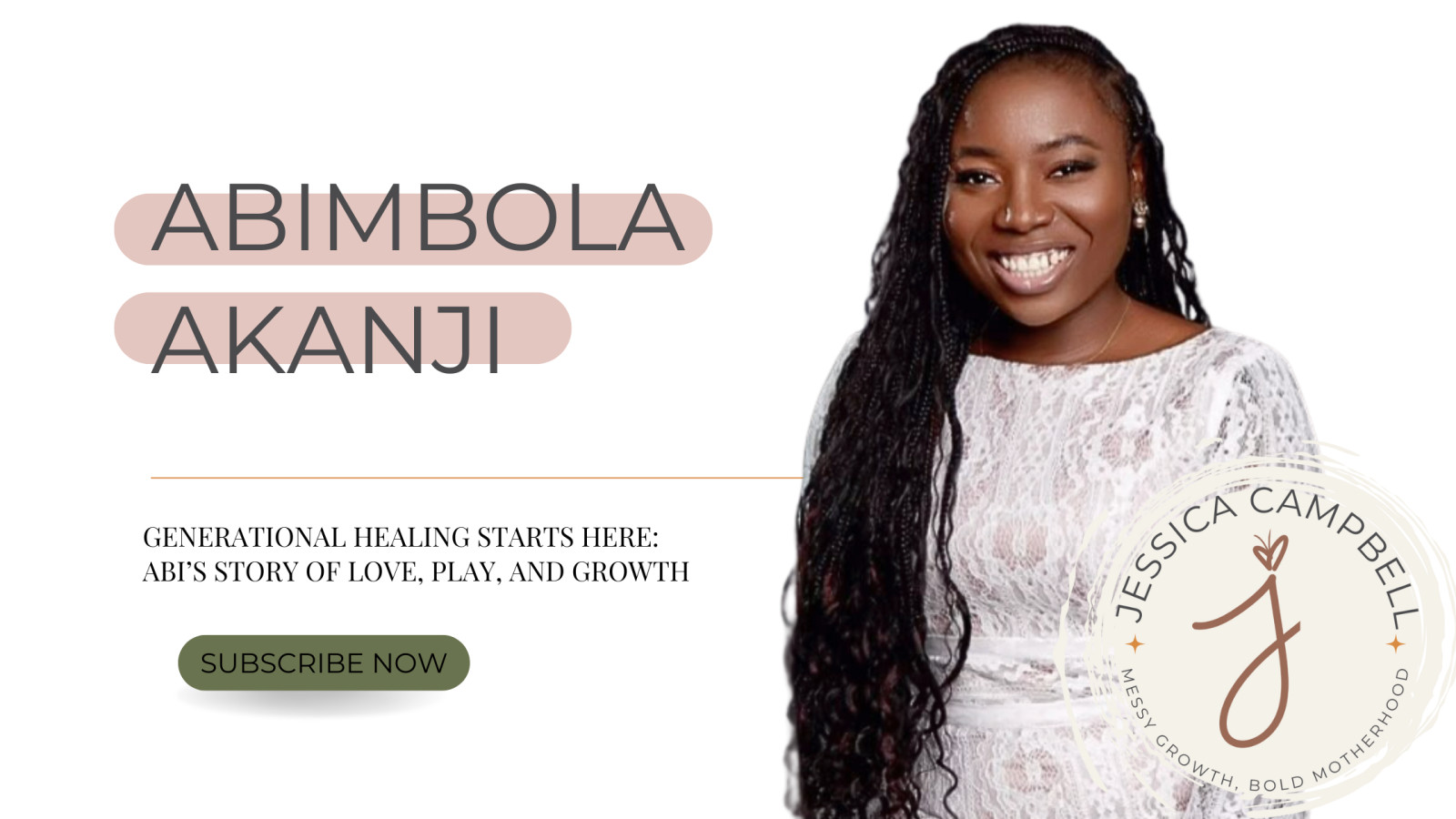
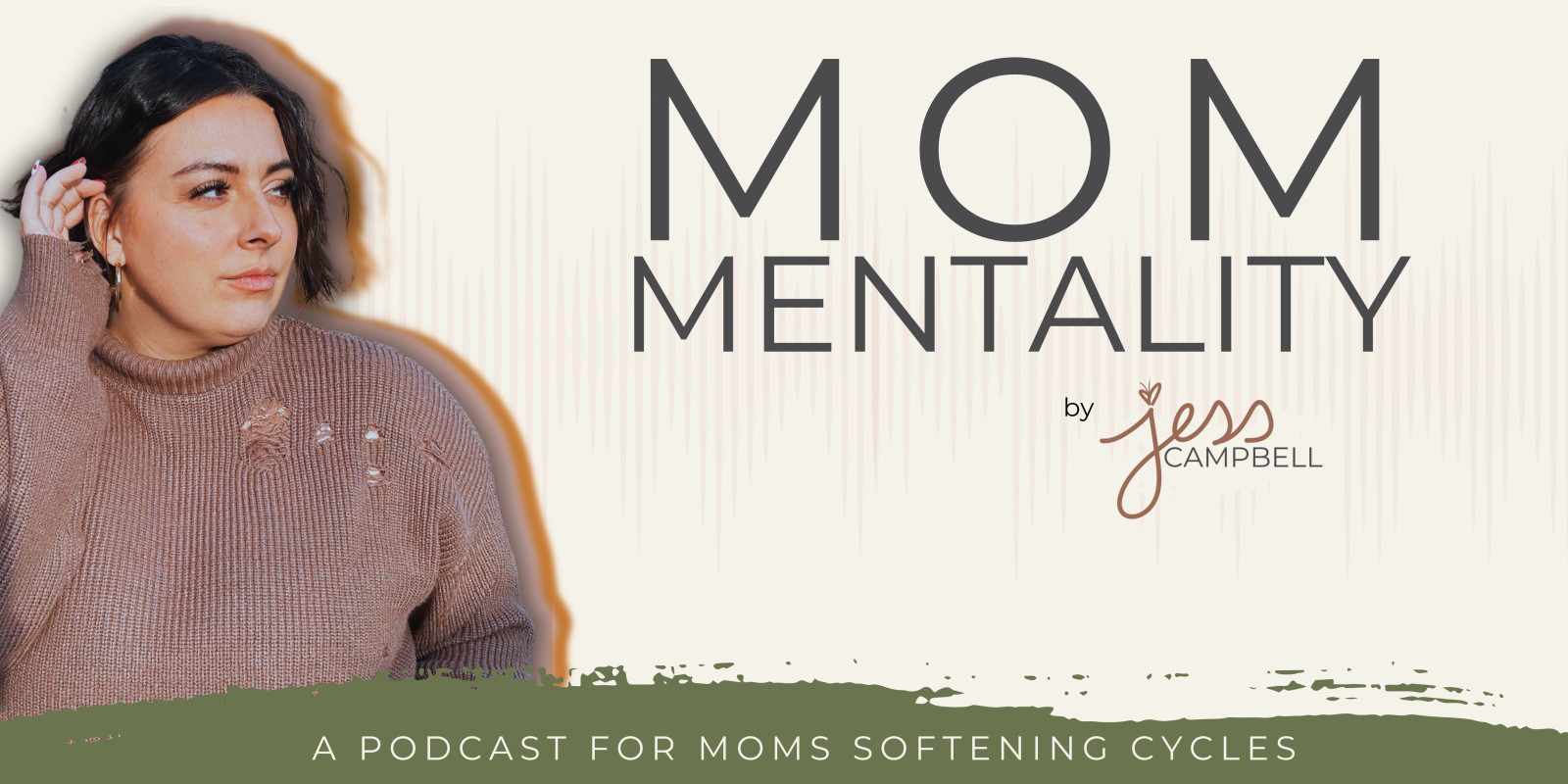
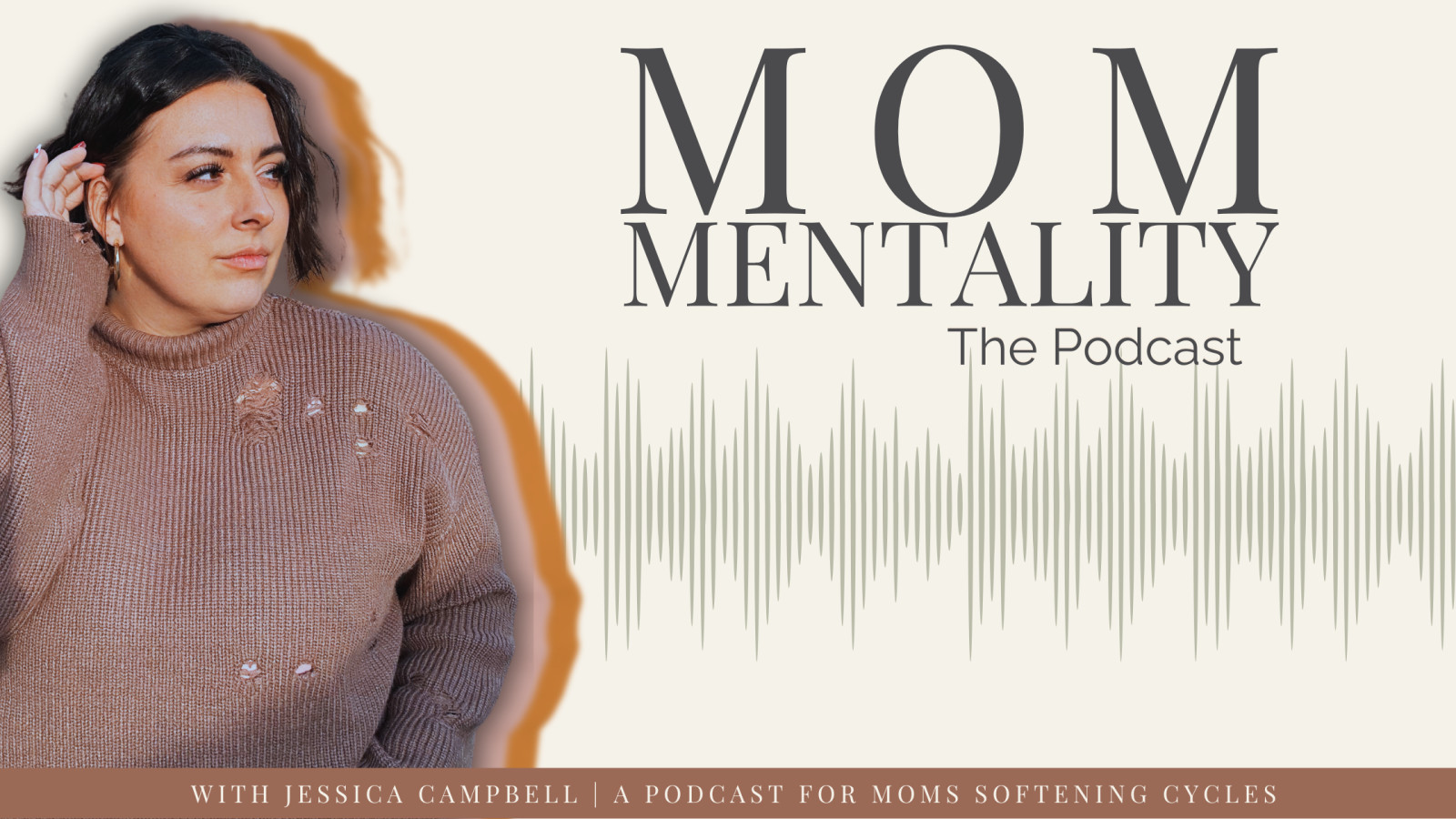
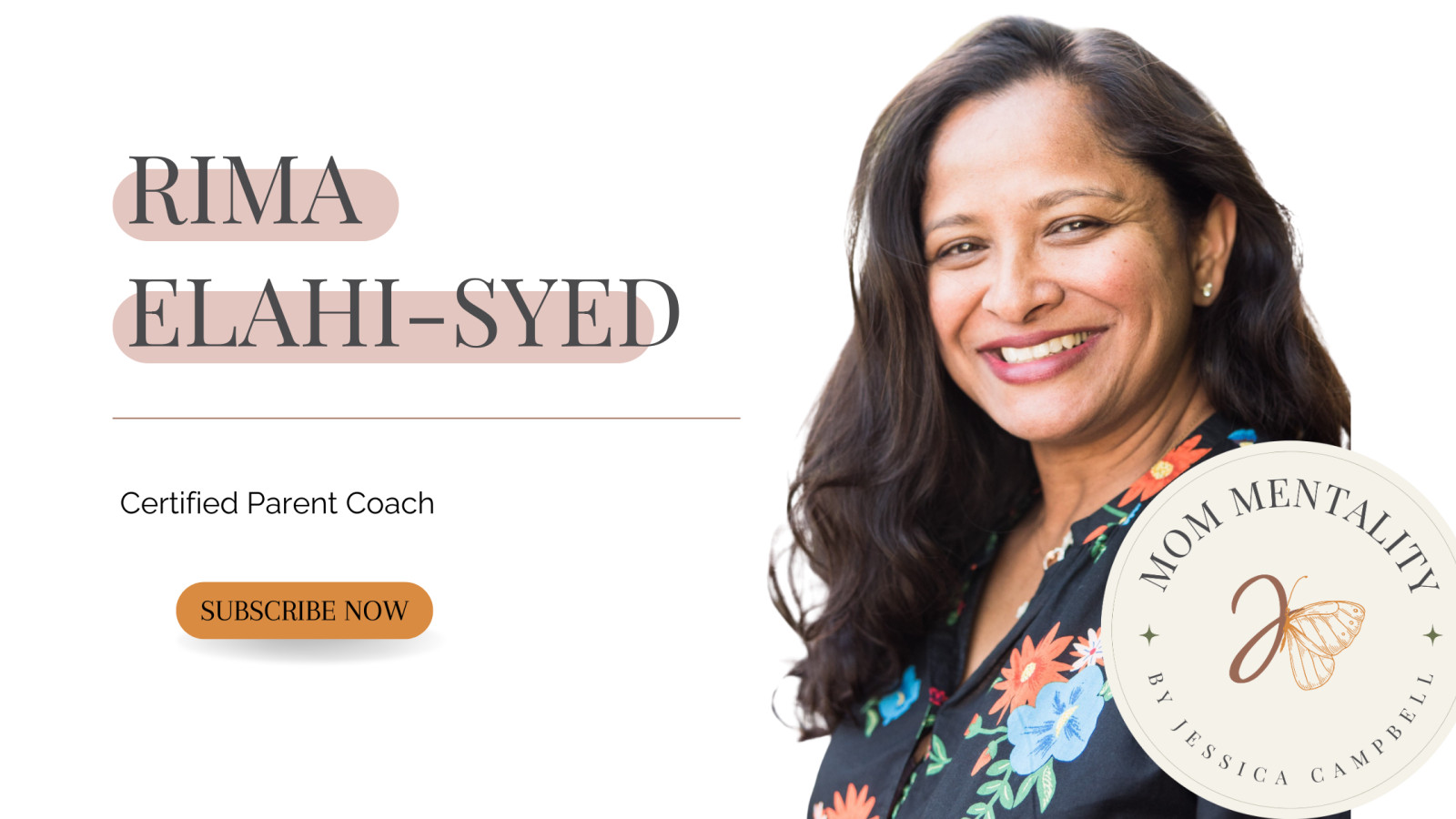
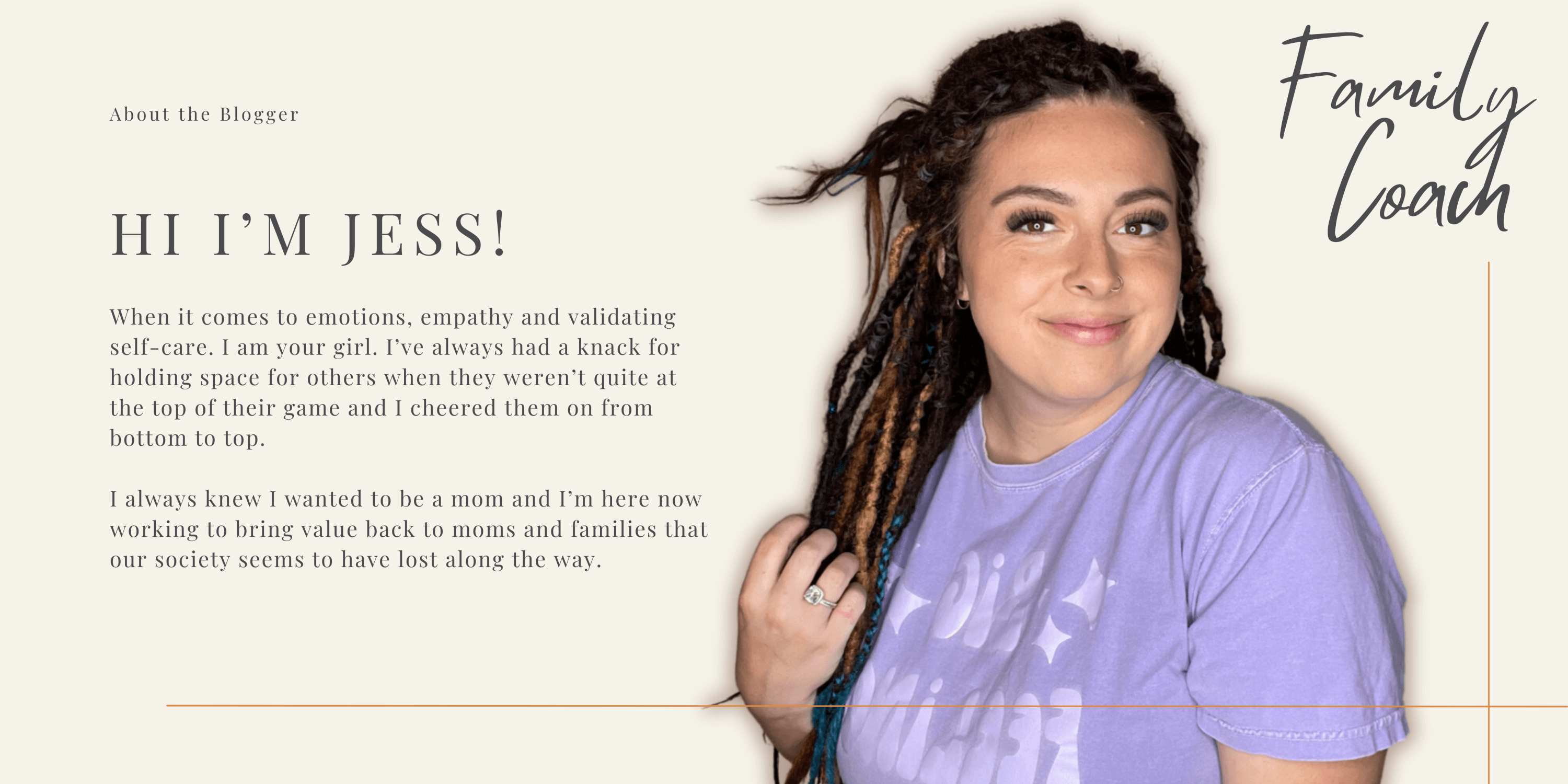
0 Comments